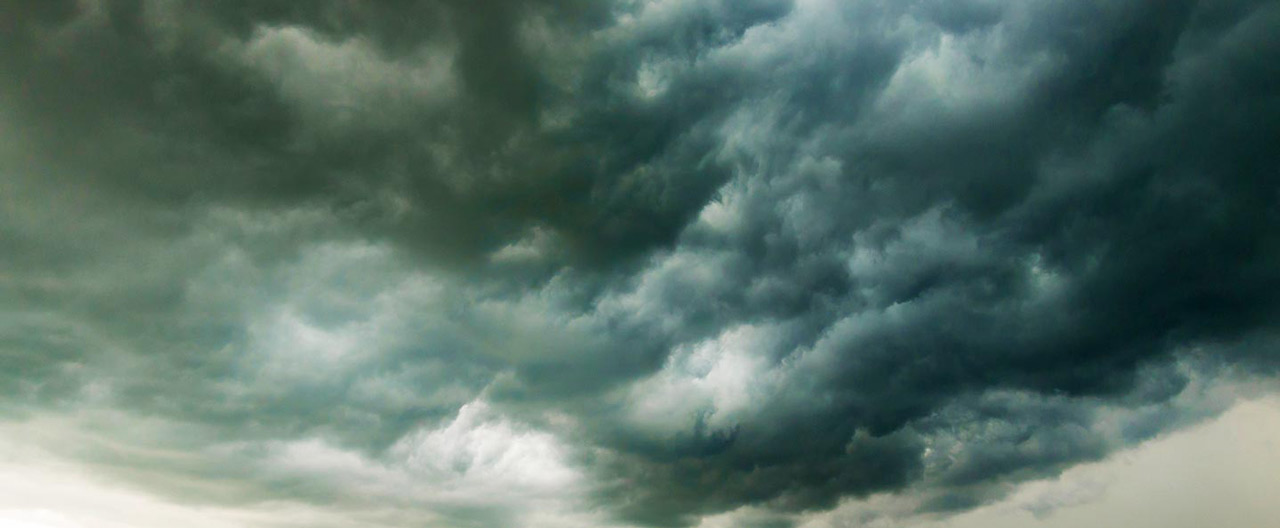- Individuals & Families
- Businesses
- Agents & Brokers
- Embedded Insurance

Chubb ranked #1 for Customer Satisfaction with the Home Insurance Claims Experience

Chubb ranked #1 for Customer Satisfaction with the Home Insurance Claims Experience

Chubb ranked #1 for Customer Satisfaction with the Home Insurance Claims Experience

Chubb ranked #1 for Customer Satisfaction with the Home Insurance Claims Experience

Because pets are family, Chubb now offers pet insurance with top-rated coverage from Healthy Paws.

Chubb offers the insurance protection you need for travel’s many “what ifs”.

Chubb protects small businesses at every stage – from newly formed start-ups to long-time anchors of the community.

Stay ahead of cyber threats with our free Cyber Claims Landscape Report.

Learn more about our dedicated learning paths, Online Learning Center, and more.

Many digital-savvy consumers look for it as a core or add-on option.

Many digital-savvy consumers look for it as a core or add-on option.

Many digital-savvy consumers look for it as a core or add-on option.

Chubb’s in-house technology makes it easy to integrate what we do into your customer experience.
-
About
-
Claims
-
Login & Pay Bill
For Agents & BrokersFor Travel Advisors
-
Back
If you’ve watched the news recently, you’ve noticed that intense storms are becoming more regular, with some catastrophic results. Whether the issue is the wind damage from a hurricane, water damage due to torrential rains, or the property damage caused by a wildfire, weather-related damage is a growing concern.
The increase in severe weather means it’s imperative that you review your homeowner’s insurance coverages before it’s too late. Ask yourself these 4 questions to get started:
1. Does your current coverage fully respond to weather issues?
Depending on where you live, you may want to check for the following:
- Hurricane deductible: Does your homeowner’s policy specifically mention hurricanes and windstorms? If your policy provides “all risk” coverage, then physical damage to your home caused by hurricane or windstorm may be a covered loss. However, a special deductible may apply in lieu of your standard deductible.
- Wildfire services: If you live in a state prone to wildfires, check to see if your homeowner’s insurance covers damage caused by wildfire, or if your insurance company has extra services that can protect you.
- Flood policy: Most typical homeowner’s policies don’t cover flood damage on their own. You may be able to purchase a policy through the National Flood Insurance Program, or through a private insurer
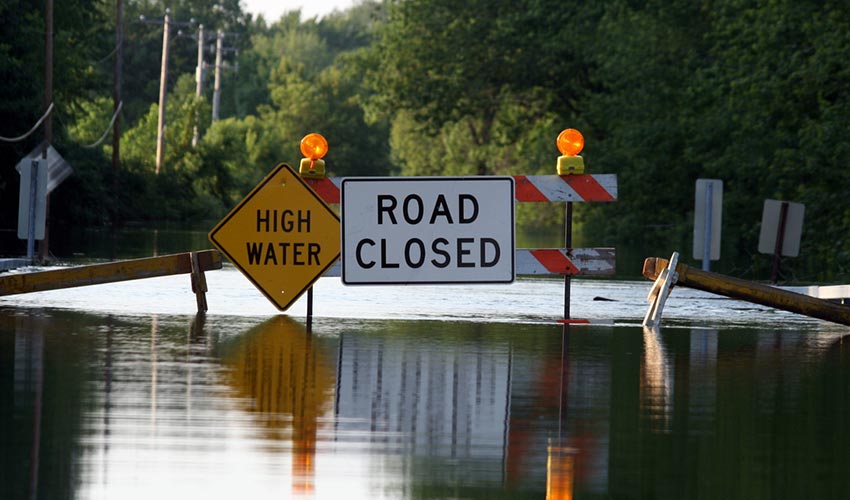
2. How quickly will your insurer respond in extreme weather?
The true test of any insurance company is how it responds if you have a claim. Know that premium insurance carriers like Chubb are known for responding to claims within 24 hours, and once approved, can issue payment within 48.
3. Is your insurance company financially strong enough to address a catastrophe?
In a major disaster, insurance companies may need to pay many claims at once. Can your insurer handle that? It’s not a question the average consumer knows the answer to, but luckily there’s a group of five independent agencies who rate the financial strength of insurance companies. Make sure to check yours now and see where it ranks.
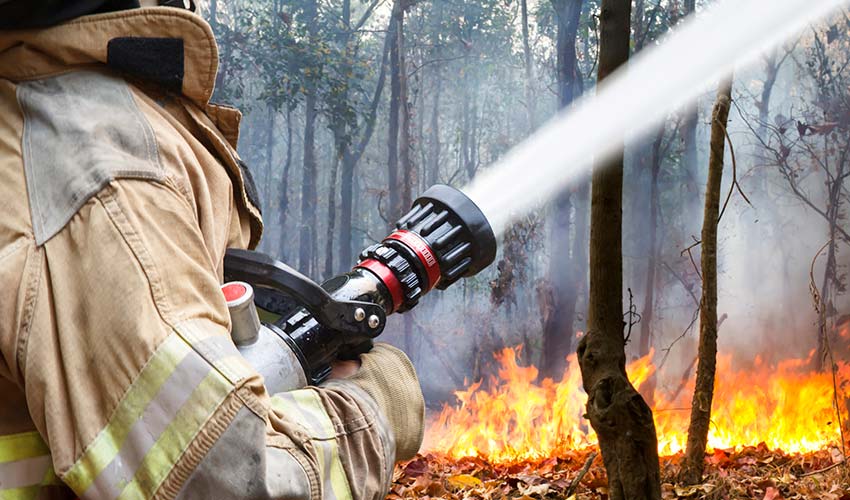
4. Does your current coverage have a long term premium control strategy?
Insurance isn’t a one-time purchase, but something that you’ll keep as long as you own your home. That’s why it’s important to think long-term about the costs of your premium and deductible. Insurance companies may raise your premium if you make a claim, so you’ll need to calculate whether raising your deductible and paying out-of-pocket more often will be more cost efficient than a higher annual premium. Your insurance agent can make the best recommendation to fit your needs. Additionally, having a proactive partner like Chubb can help you identify ways to prevent issues from happening in the first place, by suggesting things like a generator purchase or a leak-detection device.
While you can’t control if you’re in the path of a storm, you can control the outcome by making sure you’re properly covered. If something should happen, know that we’ll respond quickly and do what’s right for you whether you need trees removed or a place to stay during repairs.
Learn more about:
Seasonal home hurricane coverage with Chubb Property Manager.
- Protection before, during, and after a wildfire with Wildfire Defense Service.
- Above-and-beyond flood protection with Chubb Personal and Excess Flood Insurance.
Current Chubb clients: Log in to review your coverage today.
Guest post by:
Steven Shepard
Founder and CEO, Shepard Insurance Group
Independent insurance agent
Insights and expertise
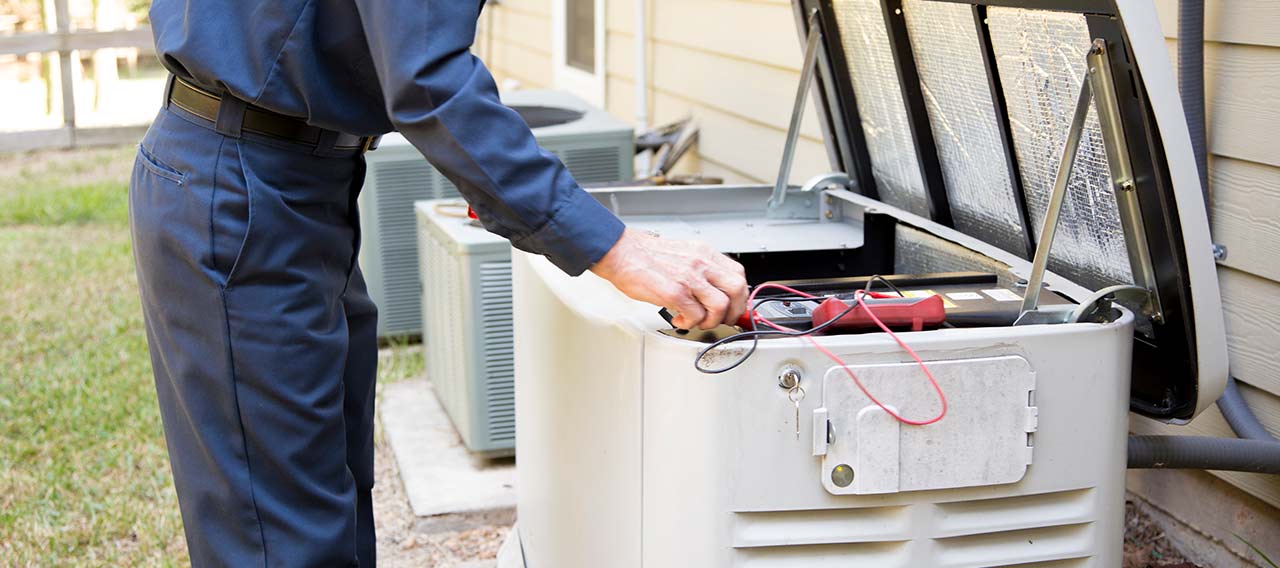


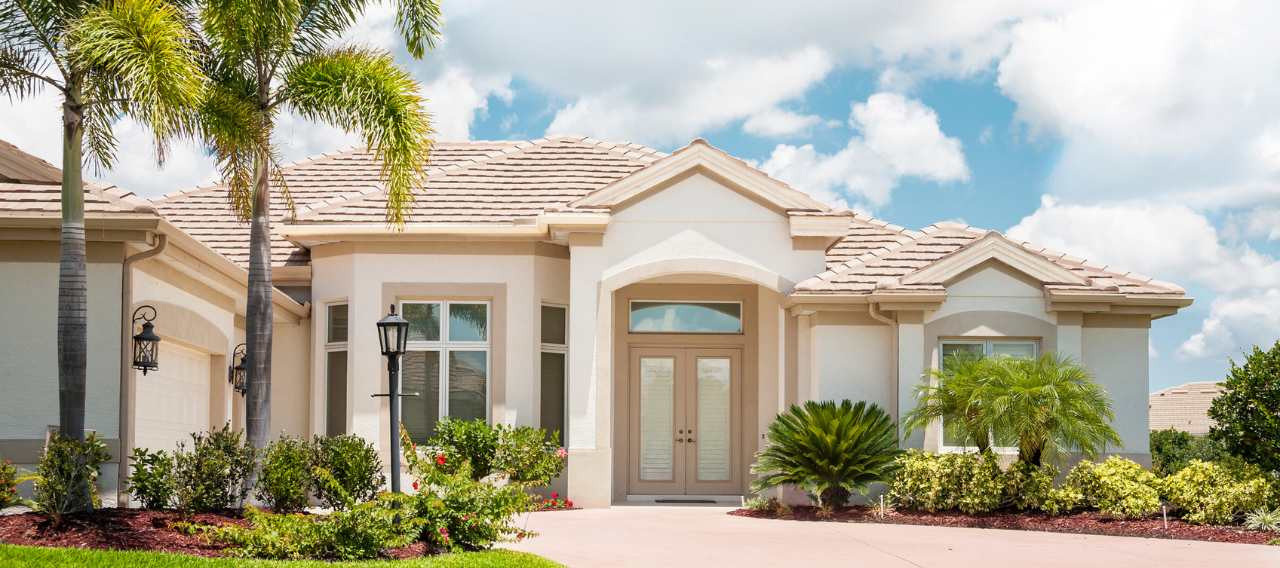


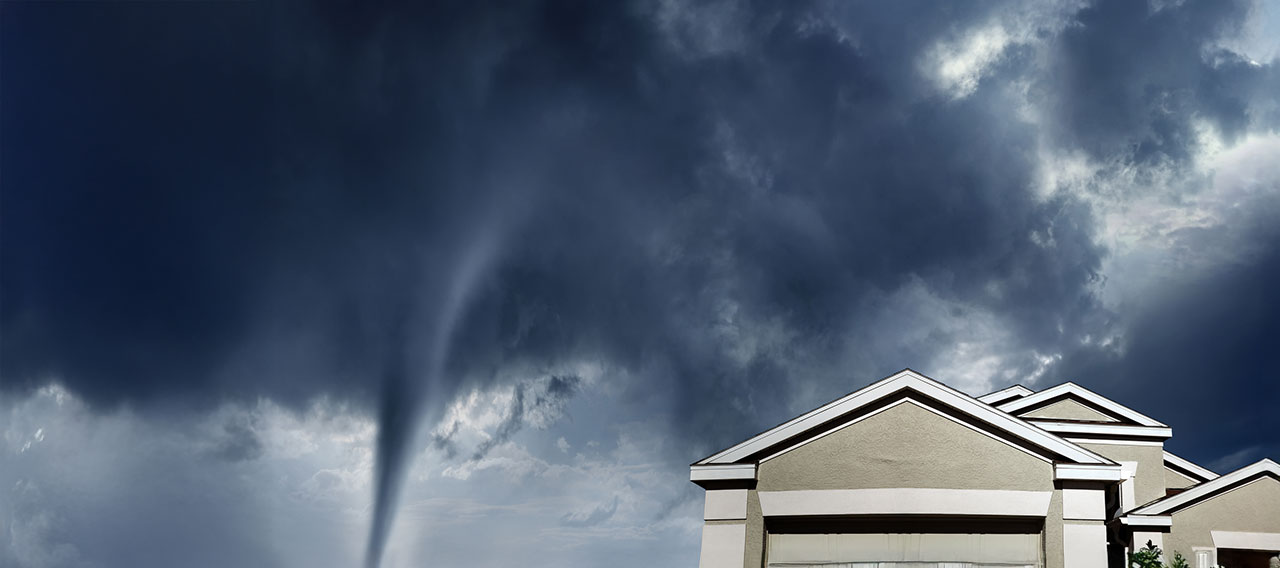

Get a personal insurance quote
Work with an independent agent to get personalized insurance solutions.
This document is advisory in nature and is offered as a resource to be used together with your professional insurance advisors in maintaining a loss prevention program. It is an overview only, and is not intended as a substitute for consultation with your insurance broker, or for legal, engineering or other professional advice.
Chubb is the marketing name used to refer to subsidiaries of Chubb Limited providing insurance and related services. For a list of these subsidiaries, please visit our website at www.chubb.com. Insurance provided by ACE American Insurance Company and its U.S. based Chubb underwriting company affiliates. All products may not be available in all states. This communication contains product summaries only. Coverage is subject to the language of the policies as actually issued. Surplus lines insurance sold only through licensed surplus lines producers. Chubb, 202 Hall's Mill Road, Whitehouse Station, NJ 08889-1600.


